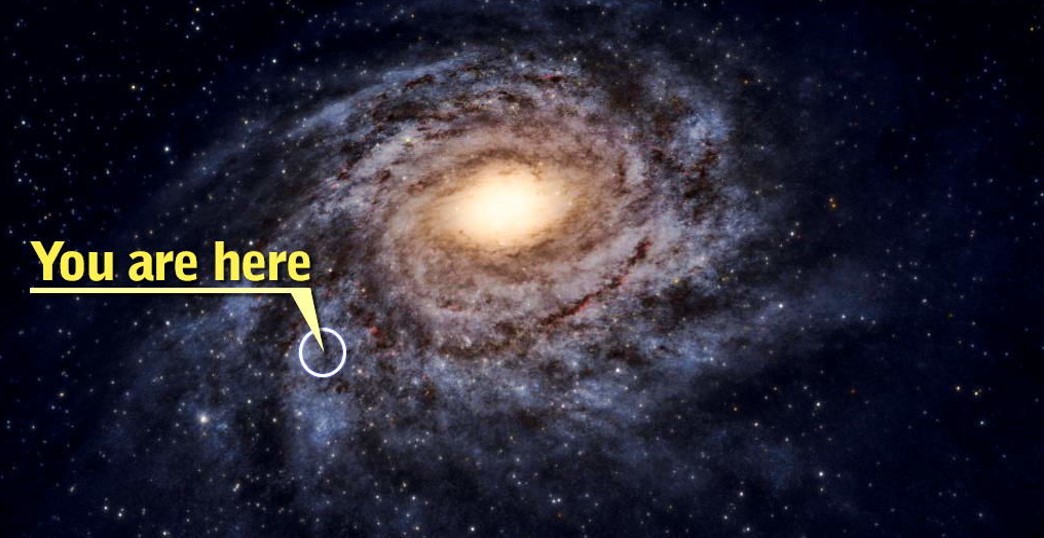The gravitational pull created by the huge amounts of mass of a black hole affects entire regions of space up to hundreds of thousands of lightyears wide. At the center of each galaxy it is believed that there is a supermassive black hole up to billions of times the mass of the sun, this huge amount of mass creates gravitational pull that will attract huge amounts of stars, planets, and solar systems in a large "disk" shape around them. In sort of a nesting doll of black holes, within the gravitational field of a supermassive black hole inside its galaxy there can be more smaller sized black holes, or even mini black holes. These smaller black holes can be the center of their own solar systems with orbiting masses, with gravitational fields about the same as a star they would not give any heat but could hold celestial bodies in orbit. At even smaller masses mini black holes exist in our solar galaxy hurdling through space unchained to any orbit, these can affect the motion of other celestial bodies in motion, the fastest object ever recorded was a star shot out by a gravity assist from a wandering black hole (It was moving 5% the speed of light!).
The final show of strength of the black hole will be when the eventual end of the universe comes around, the leading theory shows black holes will be the final thing left. The leading theory of the end of the universe is the heat death theory, this theory says that due to the finite amount of energy and mass in the universe all stars and celestial bodies will eventually run out of energy and the universe will fall cold, with no more processes. In this scenario of the end of the universe all energy processes will be ceased but black holes will still roam eating all the mass of the celestial bodies that have gone cold, making them the final powerful force in this universe.

Milky way galaxy [8]